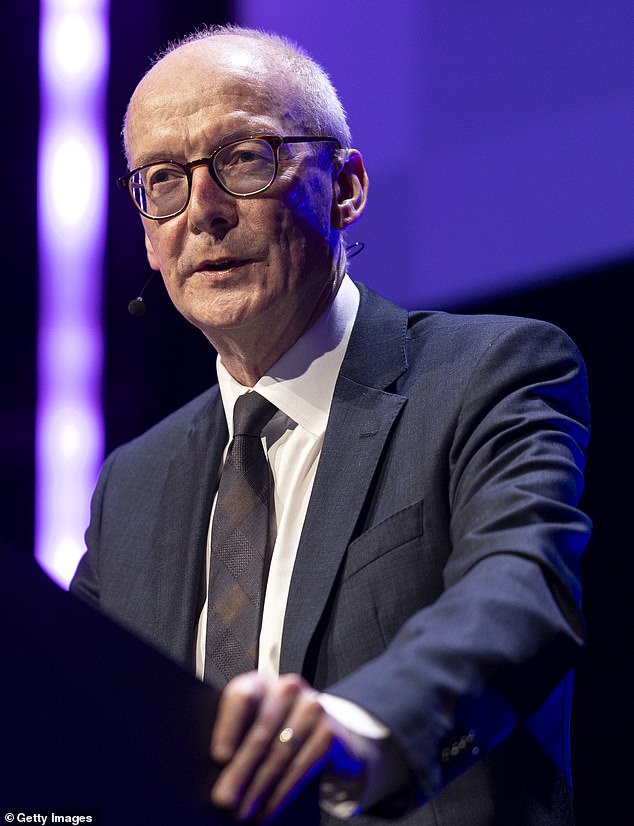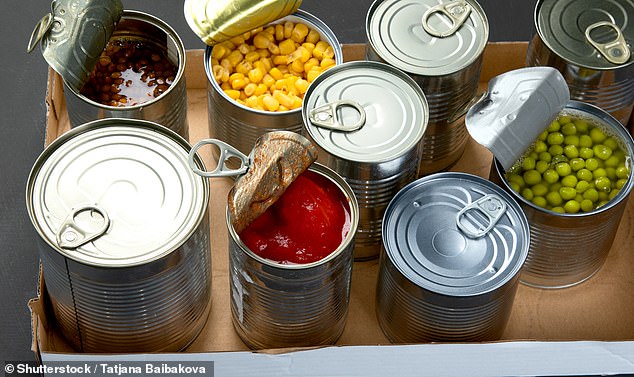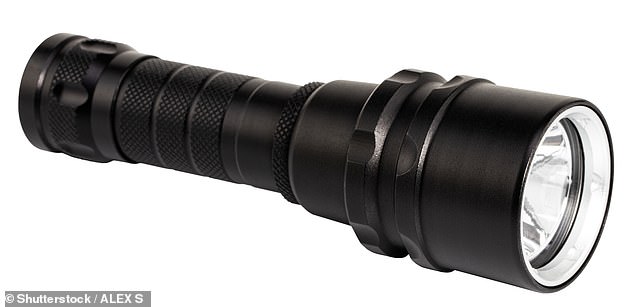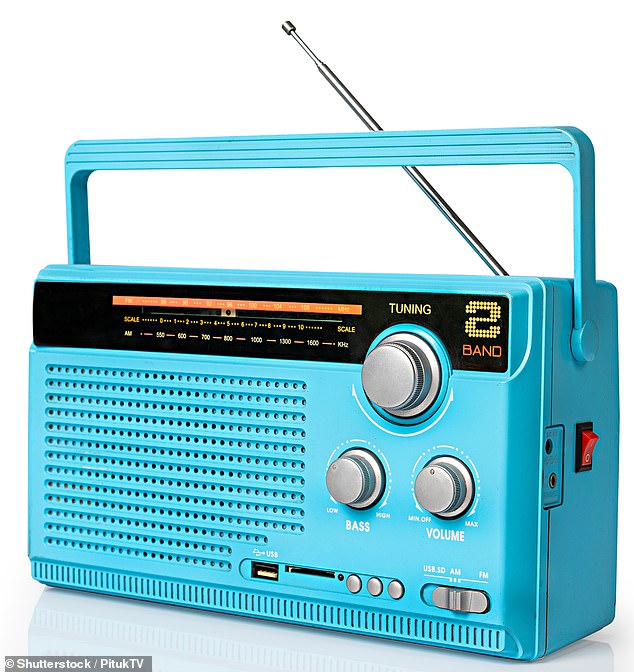The Government has urged Brits to stock up on basic supplies as a shock poll has revealed 86 per cent of us don’t have enough to last us even one day in a crisis.
Chancellor of the Duchy of Lancaster Pat McFadden has advised people to stockpile tinned food, batteries and torches in case of an emergency.
However, the poll by Savanta found only 14 per cent of Brits have enough supplies in their homes to get them through just one day of a crisis.
It also found 48 per cent of Brits do not have reserves of bottled water to use in the event of a power cut that cuts off gas and water supply.
Just 24 per cent of us have an FM radio, only 55 per cent own a torch and 66 per cent have enough non-perishable food to last three days.
Whilst giving The Mirror’s political editor a tour of The National Situation Centre – the government’s top-secret crisis control room – Mr McFadden said there needs to be a ‘more candid’ conversation about the potential risks Britain is facing.
‘It’s sensible to have a couple of torches, a battery or a wind-up radio, perhaps some spare batteries, a couple of bottles of water.
‘We saw what happened to Spain and Portugal earlier this year, when power went out for about 24 hours.

Chancellor of the Duchy of Lancaster Pat McFadden (pictured) has advised people to stockpile tinned food, batteries and torches in case of an emergency

A shock poll has revealed 86 per cent of us don’t have enough to last us even one day in a crisis (stock image)
‘If something like that happens it does make sense to have that kind of thing at home.’
He said this advice was ‘proportionate’ and reassured people that they do not need to start constructing nuclear bunkers in their gardens.
The National Situation Centre, also known as SitCen, was set up in 2021 after the Covid pandemic highlighted how under-prepared the UK is for coping in an emergency situation.
It was modelled on the Situation Room inside the White House, where President Donald Trump was recently pictured conducting talks over Iran.
SitCen was built in a classified location near Cobra – where the Prime Minister holds emergency meetings.
Inside, analysts pour over data and make meticulous calculations to help ministers respond to a range of potential crises – from future pandemics to terror attacks.

Just 24 per cent of us have an FM radio, only 55 per cent own a torch and 66 per cent have enough non-perishable food to last three days (stock image)

Mr McFadden said: ‘It’s sensible to have a couple of torches, a battery or a wind-up radio, perhaps some spare batteries, a couple of bottles of water’ (stock image)
This autumn, SitCen will be used as a hub for a drill which will prepare the country for another pandemic.
It will see a trial for emergency alerts sent to people’s phones warning them of a risk to human life – the second time the technology has been tested.
Millions of Brits will receive the practice alert at around 3pm on September 7.
Mr McFadden said ‘hopefully’ we will never find ourselves in a situation where they would need to deploy a real emergency alert, but it is ‘useful to have’ just in case.












